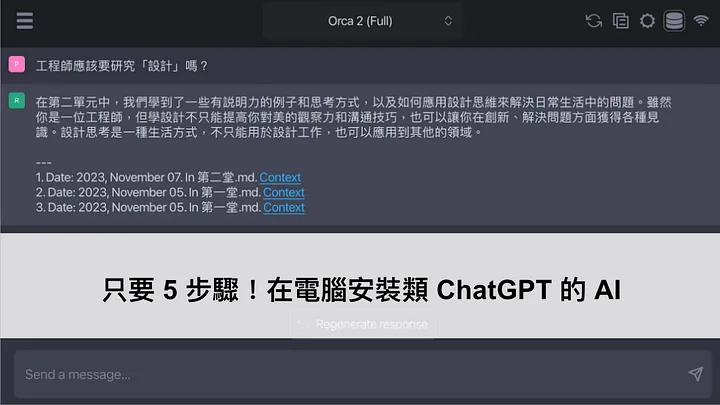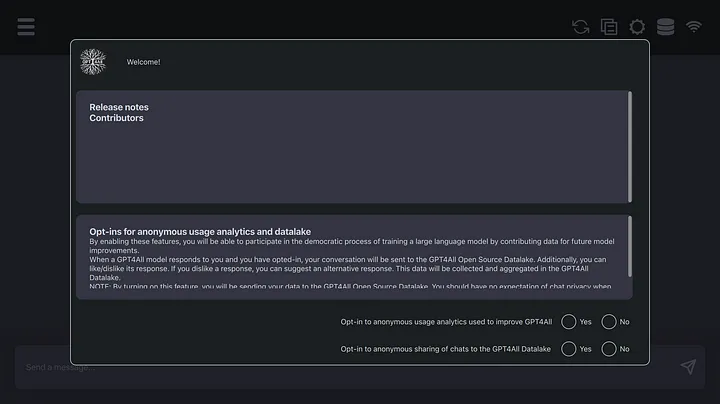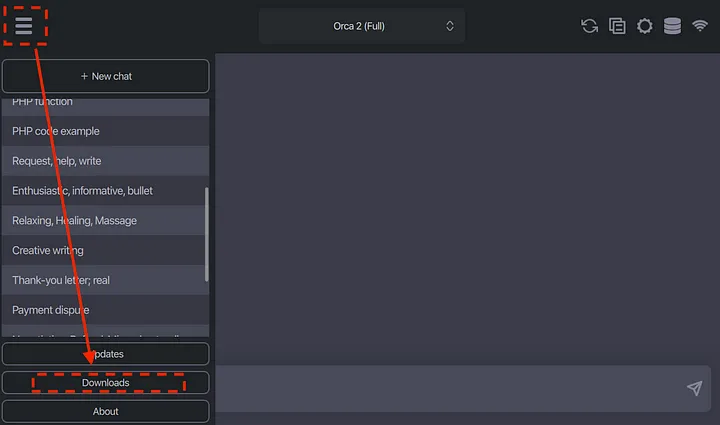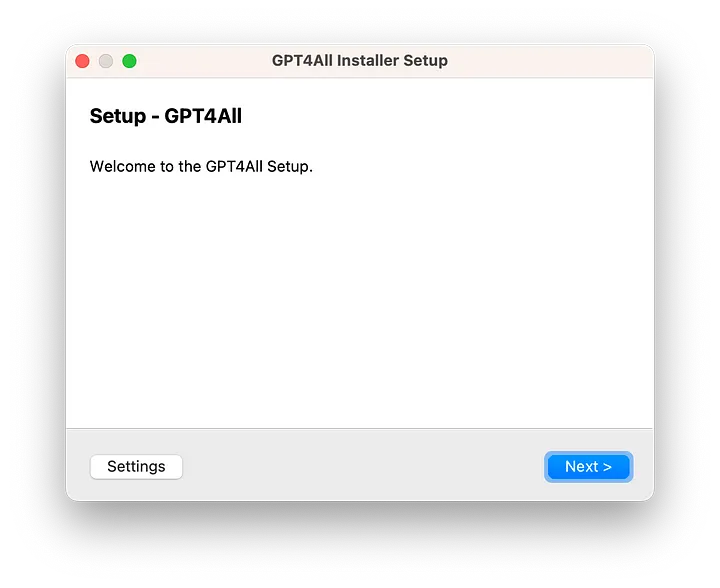In today’s AI-driven world, many companies have reservations about using online chatbots like ChatGPT due to privacy concerns, despite assurances from platforms like ChatGPT and Copilot that customer data will not be used for training. A solution to this issue is to install a local large language model (LLM), such as GPT4All, which works without an internet connection and ensures greater privacy.
In this guide, we will take you through the steps of installing and using GPT4All on your Windows, Mac, or Ubuntu system.

Table of Contents
ToggleDownload GPT4All
The first step is to visit the official GPT4All website to download the version compatible with your operating system. GPT4All is free, local, and privacy-aware, making it a great option for those concerned about sharing data online.
- Visit gpt4all.io.
- Choose your operating system (Windows, Mac, or Ubuntu).
- Download the appropriate version.
Once downloaded, you will see various performance metrics for the models, including tests for comprehension, reasoning, and academic questions.

Install GPT4All
After downloading the installer, follow these steps to install GPT4All on your system:
- Open the downloaded file.
- Continue clicking “Next” until the installation completes.
- Agree to the user terms by checking the box.
- Follow the prompts to complete the installation.
Tip: If you encounter issues with the latest version from the website, try downloading a stable release from the official GPT4All GitHub page.
Install LLM Large Language Model
After launching GPT4All, you will be prompted to install a large language model (LLM). This model will enable GPT4All to function effectively offline.
- The software will ask whether you want to share data to improve GPT4All’s performance. If privacy is important to you, select No.
- A list of available LLMs will appear. Each model comes with detailed information, including its strengths (e.g., chatting, programming), the company that trained it, file size, RAM requirements, and commercial usability.
Choose a model that fits your needs. For instance, you can select “Orca 2 (Full),” a model trained by Microsoft. If downloading a model from the internet, place the file in the specified directory path shown in GPT4All.

Start Using GPT4All
Once the model is downloaded, you can begin using GPT4All. The chat interface is similar to ChatGPT, and you can test its capabilities by asking questions or providing tasks.
For example:
- You could ask GPT4All to write a “leave request letter.”
- Or test its programming capabilities by asking it to “write a simple Python program.”
Note: While GPT4All can handle basic tasks, it may struggle with more complex ones compared to cloud-based models like GPT-3.5 or GPT-4.
Adjust GPT4All Settings
GPT4All comes with various customizable settings that allow you to optimize your experience. To access them:
- Click the “Gear” icon in the top-right corner of the interface.
- You will find settings for:
- System Prompt: This command runs before each conversation, helping you define the role the AI will play (e.g., translator, engineer).
- Prompt Template: You can design how the AI responds to your queries. If you want it to respond in a specific language, like Traditional Chinese, add that instruction here.
- Generation Settings: You can adjust parameters like max response length, though it is generally advised to leave these as default unless you have specific needs.

Specify the File of the Conversation (LocalDocs)
If you want to upload documents for GPT4All to analyze, you’ll need to install the SBert model. Here’s how:
- Download the SBert model from the LLM list.
- Go to the LocalDocs tab in the settings.
- Click Browse to add the folder where your files are located. GPT4All supports a variety of file formats, including DOC, PDF, TXT, HTML, XLS, CSV, and JSON.
- The added document path will appear in the settings interface.
Once set up, GPT4All will reference your uploaded files during conversations. However, note that while it can perform simple keyword searches, it may struggle with more advanced tasks like summarizing documents or generating new ideas based on the content.See full details here clubneet.

Is GPT4All a Good Alternative to ChatGPT?
GPT4All is a feasible alternative for those who value privacy and prefer an offline solution. However, it comes with limitations compared to cloud-based AI models.
Advantages:
- Offline usage, ensuring data privacy.
- Free to use.
Disadvantages:
- Slow response times.
- Limited ability to handle long or complex queries.
- Lower accuracy and comprehension compared to GPT-4.
If your company restricts the use of internet-based AI tools or if you handle sensitive information, GPT4All could be a suitable solution. You can experiment with different models to find the one that works best for your needs.




